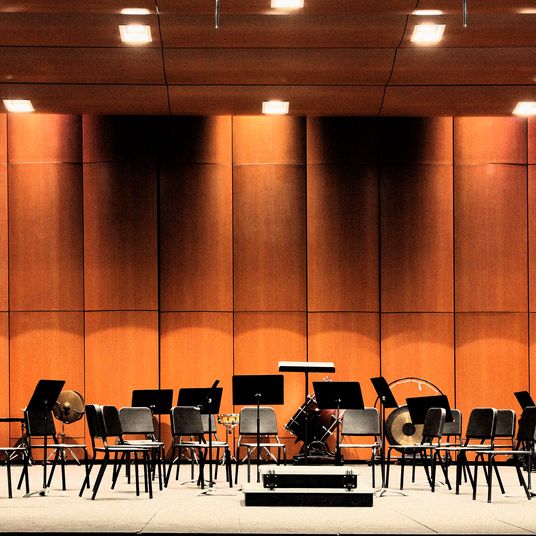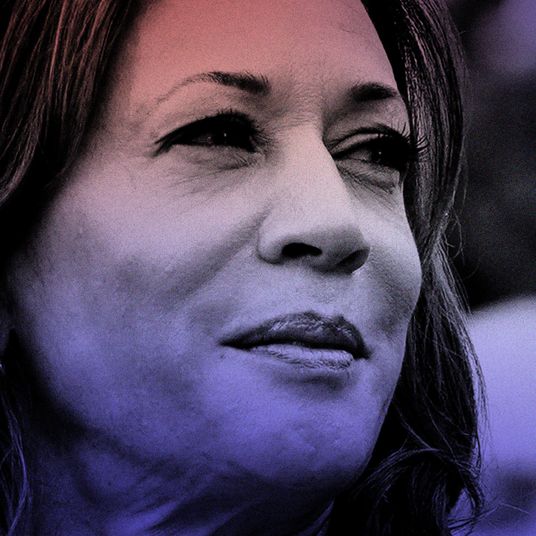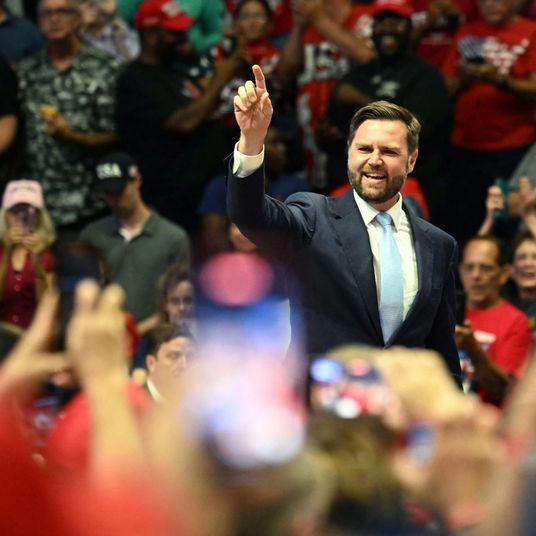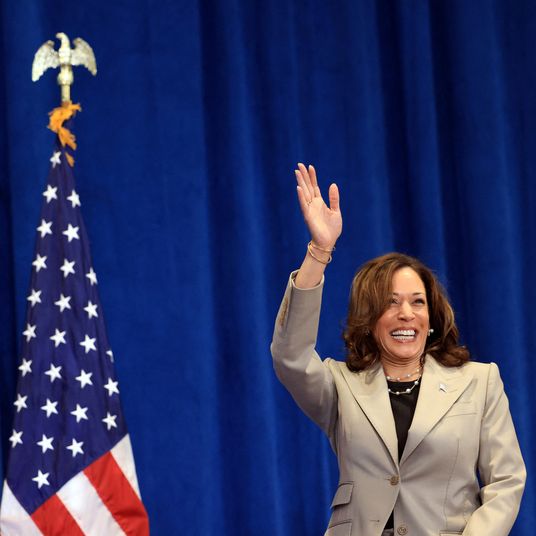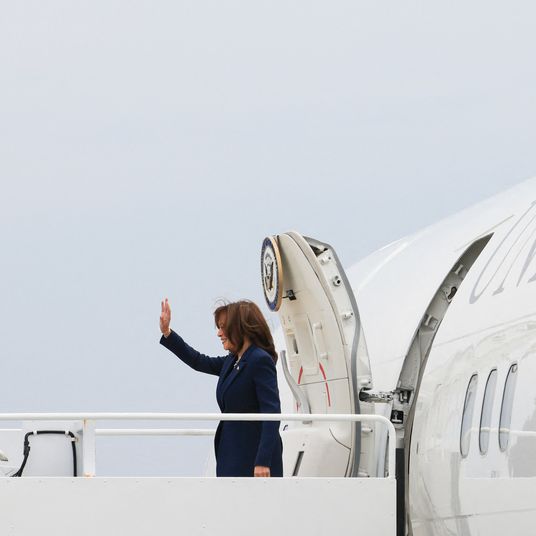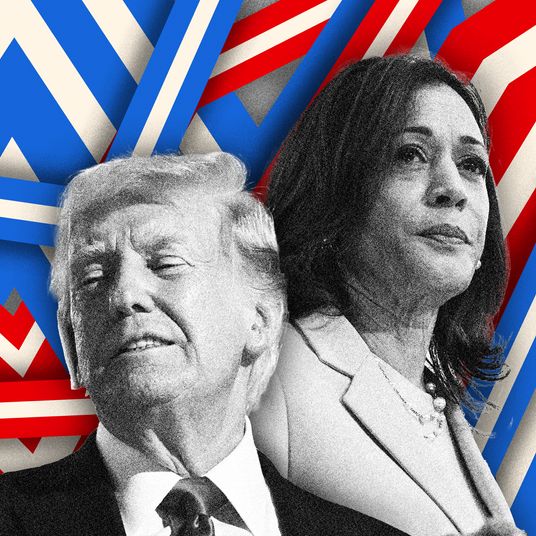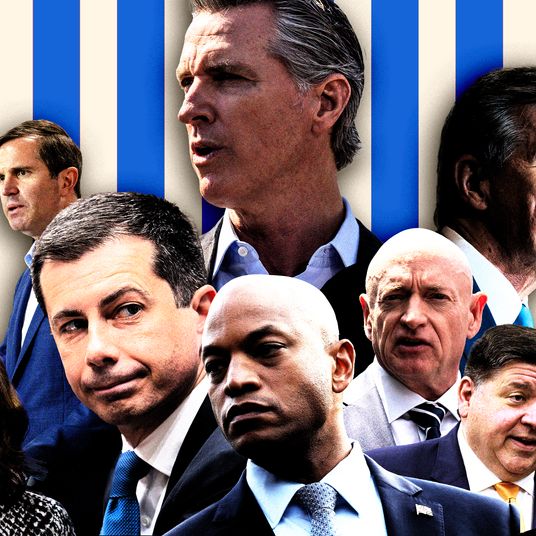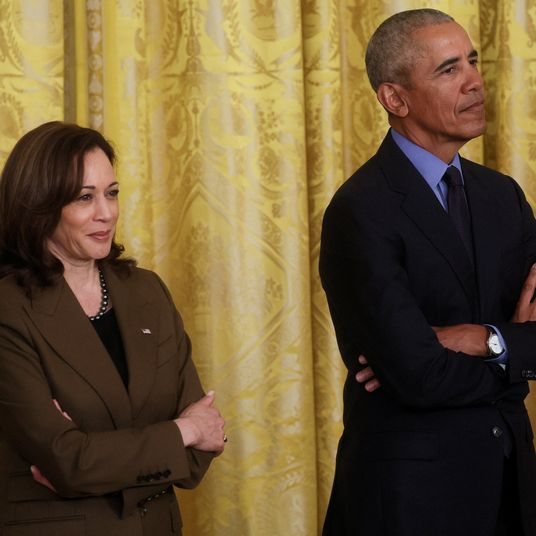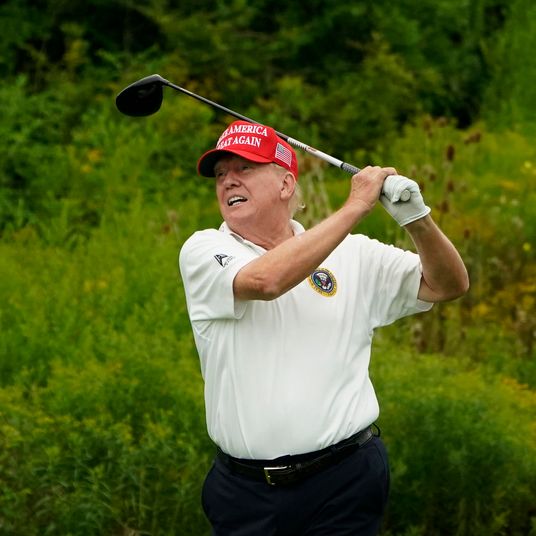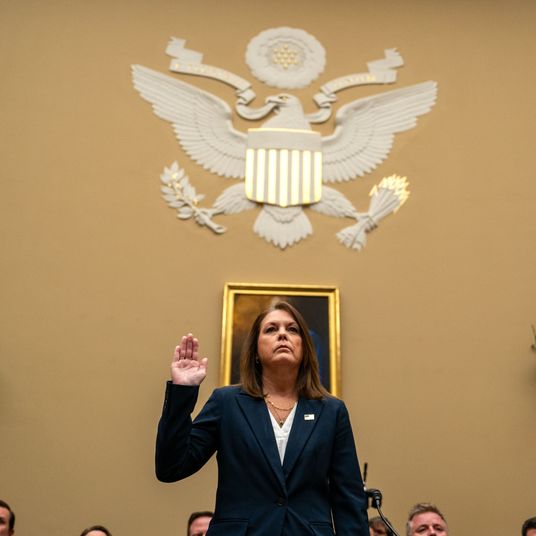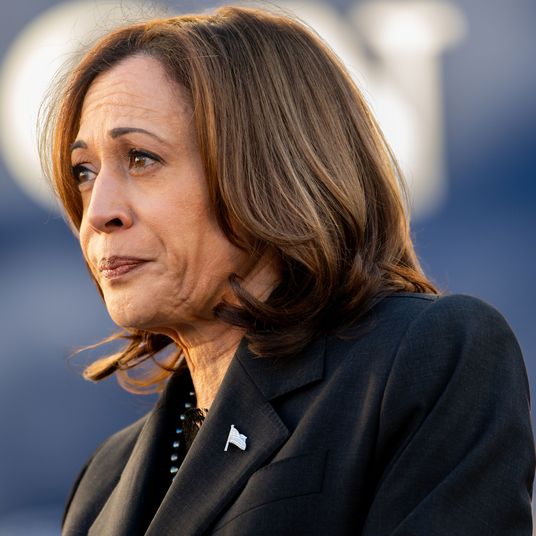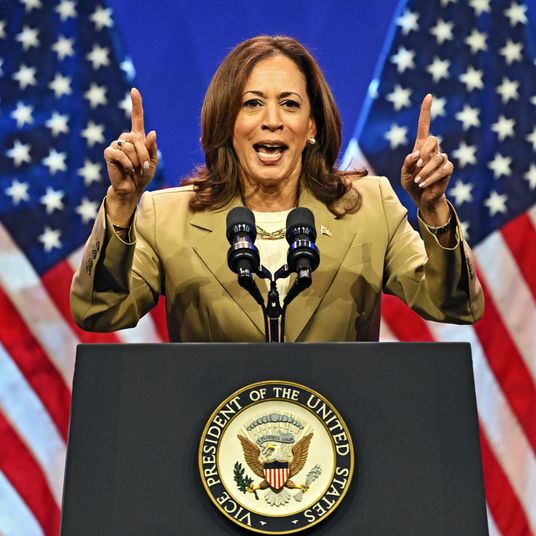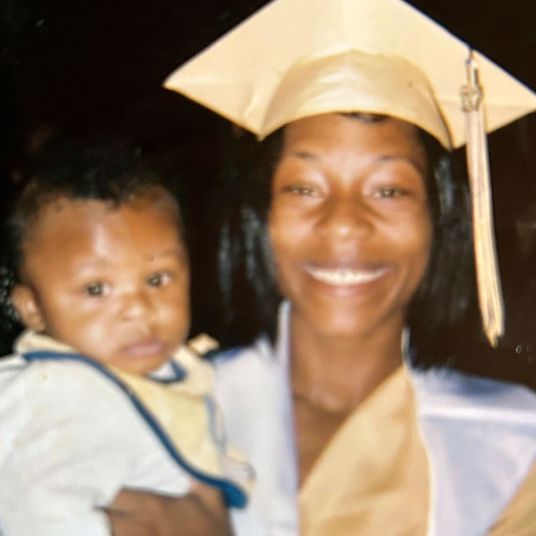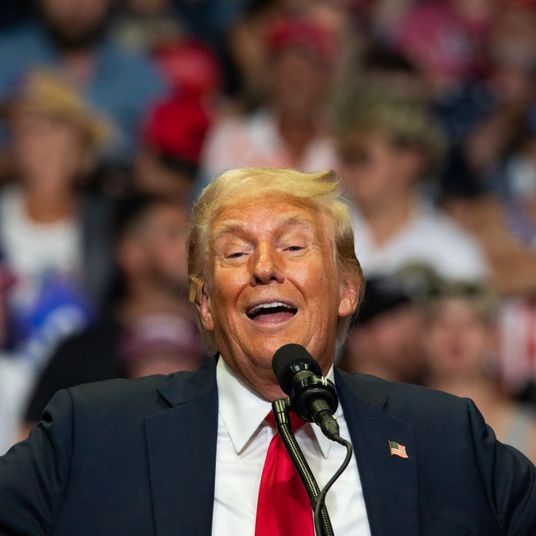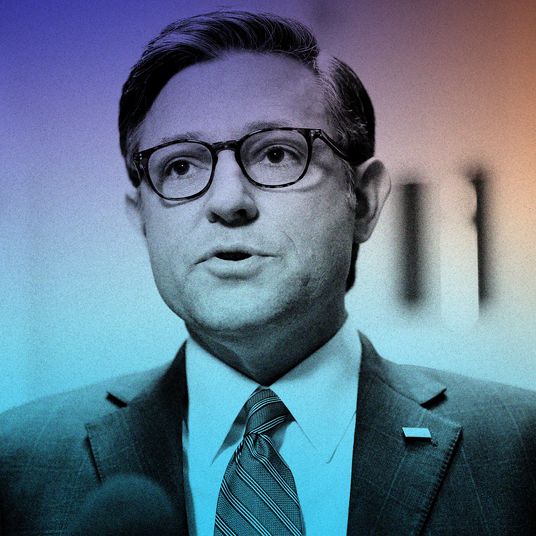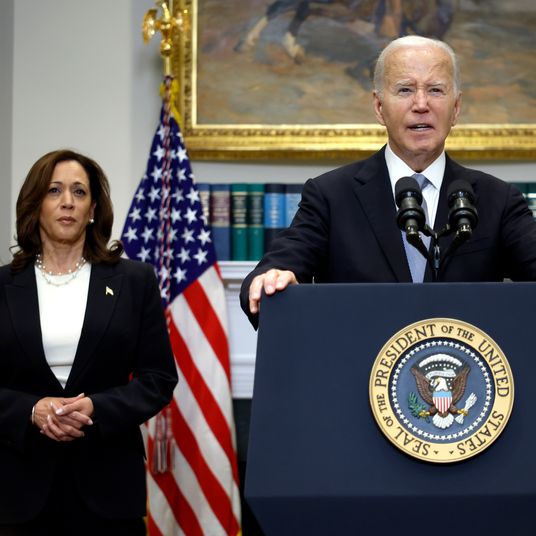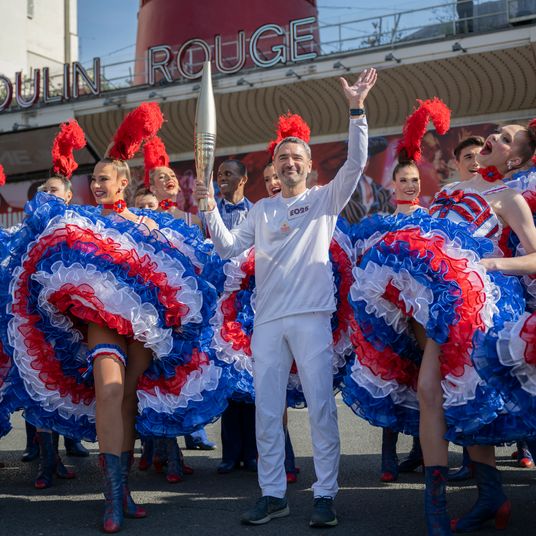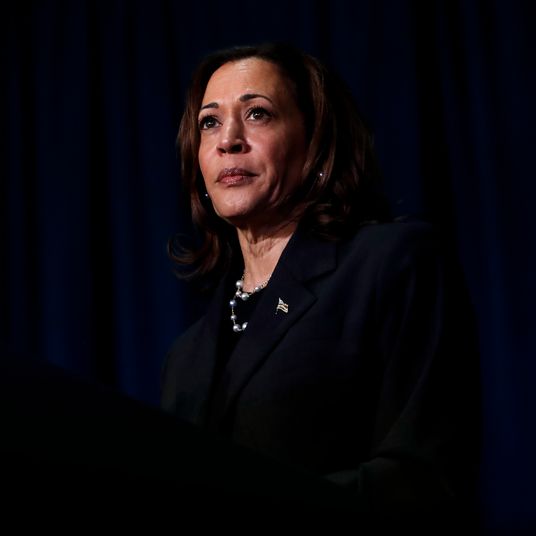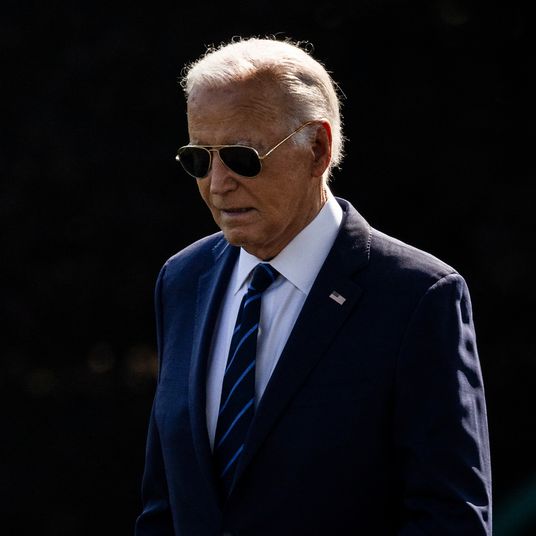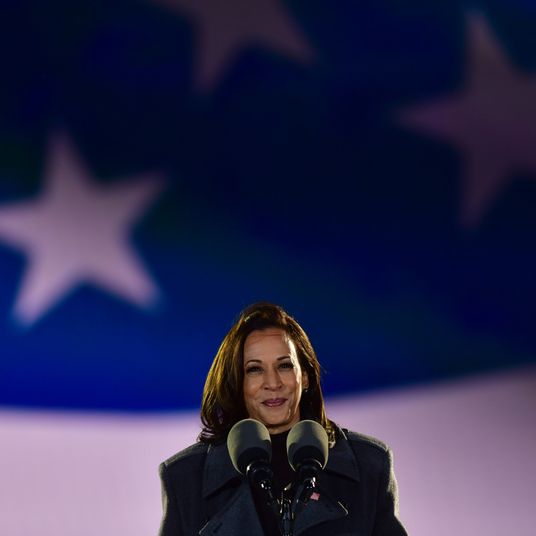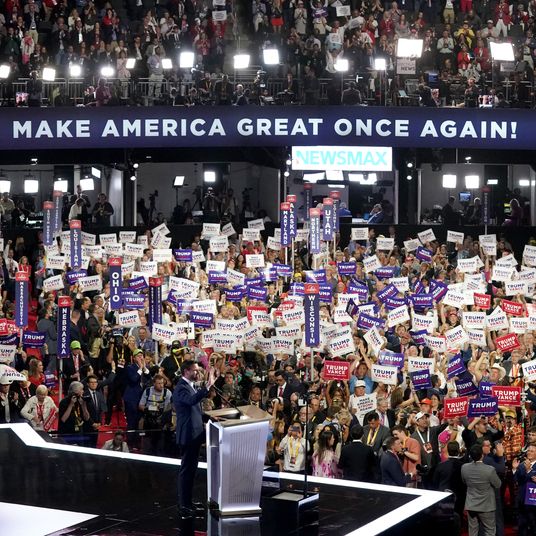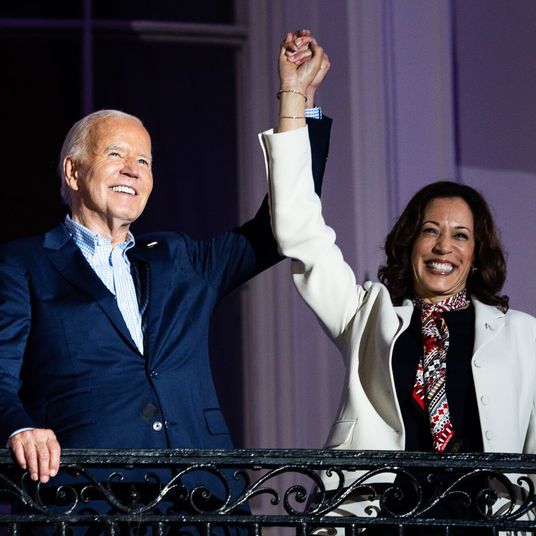
The Super Bowl is by far the biggest national television event every year, which can almost make you forget that it’s also a traveling road show. During the game’s early years, it was held almost exclusively in Miami, New Orleans, or Pasadena, but as it became more and more of a spectacle, the NFL realized something: An excellent way to get a city or state to pony up money for a new stadium was to promise it a Super Bowl if it did so. This is why unlikely places such as Jacksonville, Detroit, and Indianapolis have hosted the big game this century.
You can learn a lot about a city by the way it handles a Super Bowl. This year’s game, in Las Vegas, will be my 12th, and I’ve discovered there are two types of hosts:
1. The host that cannot believe the NFL would allow the Super Bowl to take place in its little burg, and which essentially shuts down all civic life to transform into Football City for a full week. Phoenix does this, as does Houston. The most memorable example of the phenomenon for me came when I was visiting a friend in downtown Indianapolis during Super Bowl week in 2012 and discovered that the NFL had installed a zip line that stretched out his office window. (“We’re not getting much done this week,” he told me with a shrug as the Carolina Panthers’ mascot zoomed past our heads.)
2. The host with so many other things going on that many locals, if they aren’t sports fans, do not even know the Super Bowl is happening in their town. New York City, which hosted (via East Rutherford) in 2014 is the canonical example — the NFL setting up shop that week in NYC became just another reason to avoid Times Square — but Los Angeles (Inglewood, anyway) two years ago fits as well. These are the rare places that the NFL can’t just take over.
As municipalities have at last gotten wise to stadium-financing scams (other than Buffalo, anyway), the NFL has been forced to return to its old way of doing things: Hold the game in warm cities that people actually want to visit in February. New Orleans gets hosting duties next year, and California the following two. After that, the league seems likely to settle into a rotation of the old, familiar locales over the next decade (save for the very real possibility of London at some point).
There is nothing NFL executives want more than for Las Vegas — once a city whose name the sports world dared not say— to join that rotation. Vegas is everything the league, and increasingly any league, desires: It’s toasty in February, it’s used to hosting big events, and it’s got plenty of hotels. Most obviously, it is perhaps the only entity more directly associated with gambling than the NFL. Which is why this week, with Vegas hosting its first Super Bowl, is so vital for both the league and the city. They both really need to get this first one right.
After a few days in town, I can report that the city is definitely in the “nobody really notices the Super Bowl is here” category of city, which is not a surprise. One of the strangest things about Las Vegas the week of the Super Bowl is how much it’s like Las Vegas every other day of the year: Chintzy, loud, bright, and absurdly, comically expensive. Fortunately, those four adjectives happen to apply perfectly to the NFL itself. This is a town where you can unknowingly spend $67 for two Fiji waters and a cup of coffee. Talk about a direct line to Roger Goodell’s heart.
There have been some complications with the weather. In a town that averages roughly 25 days of rain a year, it poured all day both Monday and Tuesday, the two days during which the teams and most of the media hordes arrived. Las Vegas is a city designed for the absence of precipitation, and I’ve discovered that when there is any, none of the escalators on the Strip work. Thus, tourists this week have had to do a whole lot more cardio exercise than your average Vegas visitor (and NFL fan, all told) is necessarily prepared to do. And the usual festive, bro-party atmosphere here has been muted, which is maybe just what happens when the Super Bowl comes to town. There is something uniquely discouraging, and aptly American, about having to walk up six escalators just to pay $40 to go see the Offspring play a party sponsored by Tostitos.
The vibe will surely pick up before the game — Gronk Beach is happening on Saturday! — but all told, this Super Bowl Week so far has felt like every other one: blandly corporate, pricey, and overcrowded. The only real difference between having it in Los Angeles or Miami is something that would have seemed insane as recently as five years ago and now seems totally normal: that you will be able to walk directly from a sports book or a blackjack table to your seat inside Allegiant Stadium on Sunday without ever going outside. A league that once banned its MVP for a full season because he made some bets with friends is now bringing in more than $2 billion in gambling revenue this year and has become so tied into the world of gambling that its broadcasters will be encouraging fans to get in on the action on their MGM app during the actual Super Bowl itself. I’m on record as seeing this as potentially, even inevitably, destructive to sports, but no one cares what I think: The NFL and gambling are now — officially — inextricable from each other. What was once disreputable, even taboo, has become mainstreamed and near-universally accepted.
Not to be a buzzkill here, but isn’t that what football — and, really, Las Vegas — is all about? Promoting a basically dangerous, destructive activity that we love too much to give up, and scrub and polish it enough to look palatable? Gambling has so seamlessly integrated itself into the NFL that the surprise is not that they’re having the Super Bowl in Las Vegas: It’s that they won’t have it here permanently, at least for now. This is a place defined by money, of excess, of gleeful consumption, the very things that have made the NFL America’s most powerful entertainment entity. The Super Bowl is still the biggest monoculture event largely because it has so successfully sanded off its rough edges and made itself seem as “normal” as possible. (Case in point: At Roger Goodell’s annual press conference — specifically scheduled this year on Monday so there’d be as few media outlets there as possible — he, amazingly, didn’t get a single question about concussions, which once felt like the existential threat that could sink his entire sport.) Which is of course what Vegas has done itself over the past two decades. It finally stopped raining on Wednesday afternoon. People got right back on those escalators, up and down, up, and down, doing their part. The game goes on and on. The money just keeps rolling right in. I wonder if the NFL will just have the Super Bowl here every year. It’s astounding it took the league this long to try it out.
More From This Series
- These Are the First Optimistic Olympics in a Long Time
- Can America Even Get It Together to Host a World Cup?
- The Knicks Finally Have All the Pieces to Win






